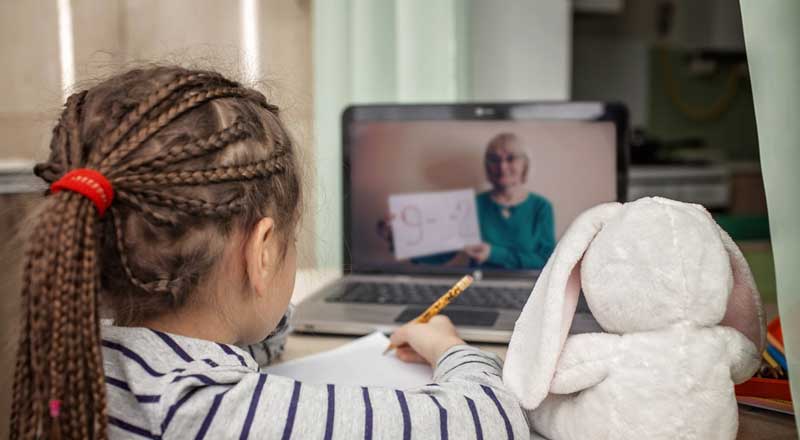German psychoanalyst Erik Erikson developed a theory of psychosocial development that charted healthy and unhealthy human development over the course of a lifetime. He charted eight stages, including a stage through which many people pass during adolescence, that of identity versus identity diffusion. In this stage, teens must draw from inner and outer resources to develop a system of morality and form their identities. Self-esteem activities help teenagers during this difficult developmental stage.
Function
Erikson maintained that adolescents should begin to build affiliations. Their passions may center around causes and ideals. Self-esteem activities may center around political or social issues that they find important and that inspire them to feel they make a difference. They may volunteer with a club or local organization to serve a population in need or participate in a project.
Features
Teachers and parents can help teens build self-esteem through identity-exploring activities. Encourage teenagers to keep a journal, either with words, images or a combination, that allows them to express their feelings. Teens may elect to keep certain entries private, or you can ask if they have any conclusions they would like to share with you. Artwork and performance provide other powerful creative outlets for teens to express their identities. Have them paint a self-portrait or make a collage representing their fears and hopes.
Significance
Self-esteem activities make a teenager recognize her importance to her various social groups. Discuss or write about different communities of which she forms a part, such as school, home, neighborhood, work, church, clubs and other extracurricular groups. She can draw a family tree, a friendship ring or a map of her favorite places in the community to underscore these relationships.
Expert Insight
According to the Kids Health website discussion of body image and self-esteem, many teenagers suffer from telling themselves negative messages about their looks. They may be echoing what they hear from family members and others, or they may just be in a habit of criticizing themselves. Teens can counter these debilitating messages by giving themselves three compliments per day. These compliments should be specific. In addition, they can spend time at the end of every day reflecting on three positive moments.
Warning
Simple self-esteem activities can support teenagers through normal developmental crises. However, teenagers who exhibit signs of extreme identity confusion or depression require the help of a professional doctor or counselor.





